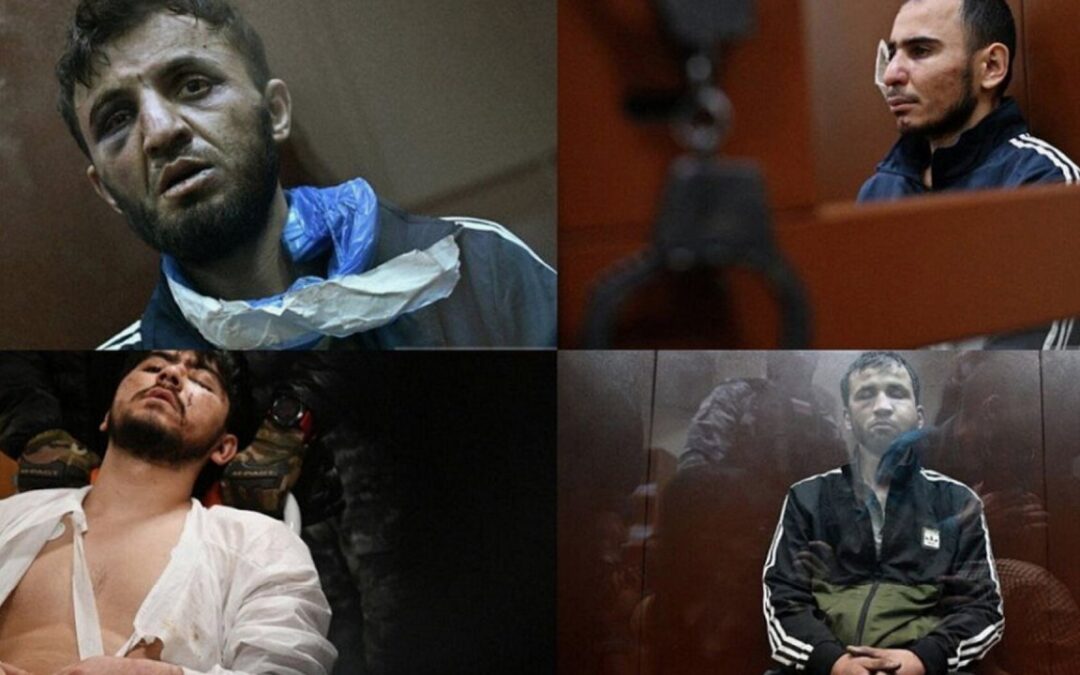
Mar 27, 2024 | Advocacy, News
The International Commission of Jurists (ICJ) condemns the intimidation and threats directed at lawyers appointed to defend individuals accused of the violent terrorist attack on Crocus City Hall on 22 March.
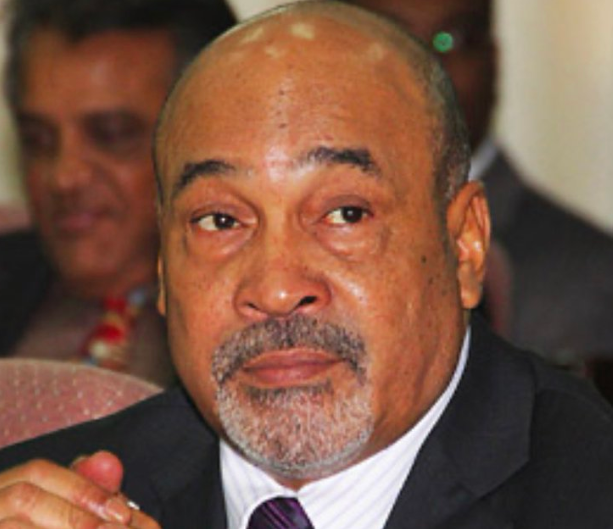
Dec 20, 2023 | Cases, News
Desi Bouterse sentenced to 20 years in prison
Paramaribo, Suriname; 20 December 2023 – The International Commission of Jurists (ICJ) welcomed the 20 December decision by the Hof van Justitie, the highest court in Suriname, confirming the conviction of former president Desi Bouterse for the 1982 murders of 15 political prisoners.
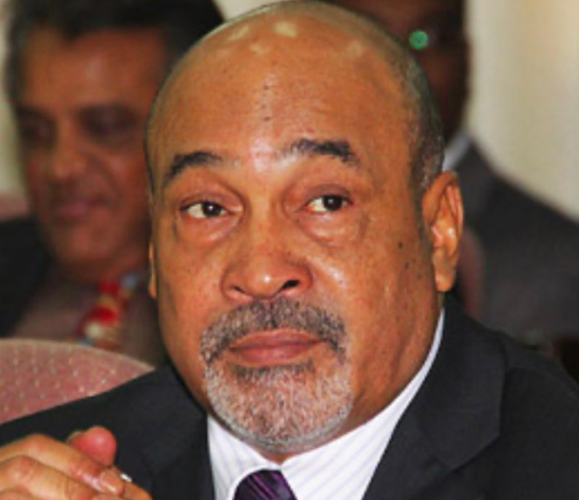
The three-judge chamber also confirmed Bouterse’s sentence of 20 years in prison. It was not immediately clear when Bouterse, who was not in court, would begin serving his term. The court also sentenced his four co-accused to 15 years each.
It took 41 years, but the long arm of the law has finally caught up to Desi Bouterse,” said Reed Brody, an American lawyer who attended the verdict for the ICJ. “Suriname has chosen the rule of law. The judges who rendered today’s decision and those who issued the original conviction while Bouterse was still president should be praised for their fortitude and their independence.”
Bouterse’s lawyer had indicated that in the event of a conviction, he would file a challenge with the Inter-American Commission on Human Rights, though it is not clear on what ground, and such a filing does not stay the operation of the sentence. The only domestic channel available for Bouterse is to seek a pardon from president Chan Santokhi.
The ICJ underscored that extrajudicial executions are crimes under international law, that Heads of State enjoy no special immunity from prosecution for such crimes irrespective of when they were committed, and that pardons may not be applied to shield those responsible from criminal accountability.
Today’s decision is a victory for the families of Bouterse’s victims, who never gave up, and for all those around the world seeking to bring powerful abusers to justice,” said Brody. “It should serve as another reminder that accountability for the most serious crimes has no expiration date.”
Background
On 8 December 1982, 15 leading opponents of Suriname’s then military regime led by Desi Bouterse, who had been taken from their homes and arbitrarily detained the night before, were executed at the military barracks of Fort Zeelandia in the capital Paramaribo, after apparently being subjected to torture. The victims included the country’s chief labor leader, four lawyers, two reporters, a radio commentator, the owner of a news service, an industrialist, a former congressman, and a professor of biophysics.
No investigation of the killings was undertaken, even following the restoration of democracy in 1987. On the eve of the expiration of the 18-year statute of limitations for murder in 2000, the families of the victims obtained a court order mandating an investigation. In November 2007 the Krijgsraad (a military court comprised in the case of Bouterse of civilian judges) was established to hear charges against Bouterse and 24 other suspects. The process was plagued with prolonged suspensions and delays, especially following the election of Bouterse as president of Suriname in July 2010. First, the trial was suspended for four years following an amendment passed by Bouterse’s party to the Amnesty Law of 1989 (now repealed) granting him and the other accused immunity from prosecution. Then Bouterse ordered the attorney general (procureur-generaal) to block resumption of the trial on “national security” grounds, but the courts refused the request. He also sought unsuccessfully to fire the attorney general,an independent judicial officer with lifetime tenure, for failing to stop the prosecution. Finally, on 29 November 2019, while Bouterse was still president, the Krijgsraad sentenced him to 20 years in prison for planning and ordering the “December murders”. Because Bouterse chose not to be present at that trial, he was able to obtain a review of the conviction. On 30 August 2021, the Krijgsraad affirmed the conviction. Eyewitness and video evidence adduced at the trials placed Bouterse at Fort Zeelandia where he personally confronted victims before they were shot.
Bouterse, who lost power in 2020, appealed to the Hof van Justitie.
The ICJ has been monitoring the Bouterse trial since 2012. Details of some earlier ICJ’s missions reports and statements can be found here.
Contact:
In Paramaribo, Reed Brody (English, Spanish, French, Portuguese): +1-917-388-6745 or reedbrody@gmail.com. Twitter: @reedbrody
Watch his post-verdict interview with ITV here: https://www.youtube.com/watch?v=1A3DBVVsAmY&t=132s
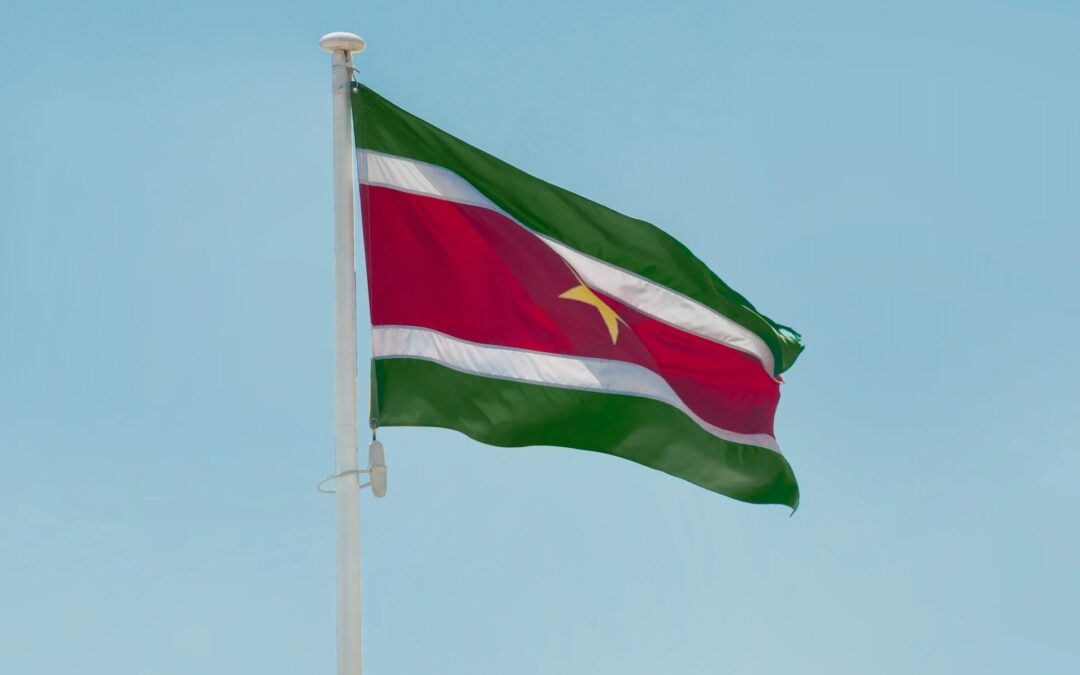
Dec 17, 2023 | Cases, News
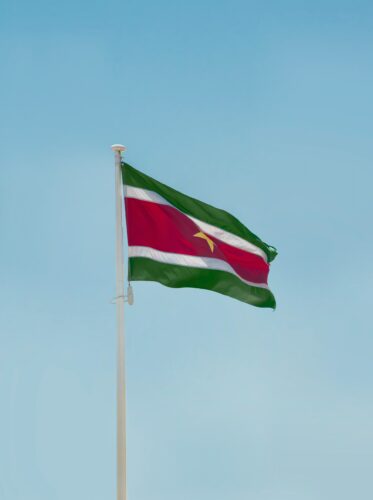
ICJ will monitor Desi Bouterse appeal
Paramaribo, Suriname; 17 December 2023 – On 20 December 2023, the Hof van Justitie, the highest court in Suriname, is expected to issue its final decision in the appeal by former president Desi Bouterse against his conviction for the 1982 murders of 15 political prisoners.
The International Commission of Jurists, which has monitored the trial since 2012, will be present in court in Paramaribo.
“This is the most important criminal trial in Suriname’s history,” said Reed Brody who will attend the verdict for the ICJ. “That a final decision will be delivered, after so many delays and detours, is a tribute to the courage and independence of Surinamese judges, the perseverance of the victims’ families and the resilience of the rule of law.”
Background
On 8 December 1982, 15 opponents of Suriname’s then military regime led by Desi Bouterse, including lawyers, union leaders and journalists, who had been arbitrarily detained the day before, were executed at the military barracks of Fort Zeelandia, Paramaribo, Suriname, after apparently being subjected to torture. Following a complaint by the families of the victims in 2000, in November 2007 the Krijgsraad (a military court comprised in the case of Bouterse of civilian judges) was established to hear charges against Bouterse and 24 other suspects. The process was plagued with serious suspensions and delays, especially following the election of Bouterse as president of Suriname in July 2010 and an amendment of the Amnesty Law of 1989 (now repealed) granting him and the other accused immunity from prosecution. On 29 November 2019, following a decade-long court martial, the Krijgsraad sentenced Bouterse- while he was still president – to 20 years in prison for planning and ordering the “December murders”. On 30 August 2021, the Krijgsraad affirmed the conviction and Bouterse- who lost power in 2020 – appealed. A final decision of the Hof van Justitie is due on 20 December in the cases of Bouterse and four others who have appealed their convictions.
ICJ Monitors
The ICJ trial monitors have been: from 2012 until 2020 – Jeff Handmaker, a former UK barrister and associate professor at Erasmus University in The Netherlands and the University of the Witwatersrand in South Africa; from 2020 – Godfrey Smith SC, former Attorney General of Belize, former acting Justice of Appeal of the Eastern Caribbean Supreme Court; and from 2023 – ICJ Commission member and veteran war crimes prosecutor Reed Brody who has participated in cases involving Augusto Pinochet, Hissène Habré and Jean-Claude Duvalier among others.
Reed Brody will be present in court on 20 December.
Details of some earlier ICJ’s missions reports and statements can be found here.
Contact:
In Paramaribo, Reed Brody (English, Spanish, French, Portuguese): +1-917-388-6745 or reedbrody@gmail.com. Twitter: @reedbrody










